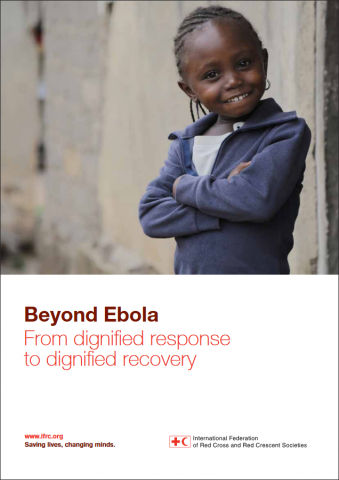Beyond Ebola: From Dignified Response to Dignified Recovery


The geographical spread in Guinea, Liberia and Sierra Leone has brought enormous challenges. Urban and rural, from hotspots in the slums of capital cities to others in remote country sides, it has even caused concern that sudden surges might be missed or rapid response capacity might simply be insufficient.
The numbers are truly horrific: over 11,200 deaths and more than 27,600 cases by mid-July 2015. Overall the situation was improving, but concerted efforts were still required to get to zero cases and stay there. Even after Liberia was declared Ebola free, new cases occurred there. In Guinea and Sierra Leone, cases were down significantly from those recorded at the end of 2014, but in the week to July 5, Guinea reported 18 cases and Sierra Leone, nine. Weekly case incidence in the region had stalled at between 20 and 30 for six consecutive weeks and cases continued to arise from unknown sources of infection, or were detected only after post-mortem testing.
So the threat to the region continued. As humanitarians firmed up recovery plans, they were aware that response was still needed. The danger of fresh outbreaks, and even re-emergence in areas cleared of the virus, meant response and recovery operations might have to run side by side.
IFRC, 2016
Online Report
http://www.ifrc.org/Global/Documents/Secretariat/201601/Beyond%20Ebola%20report-EN_LR.pdf
